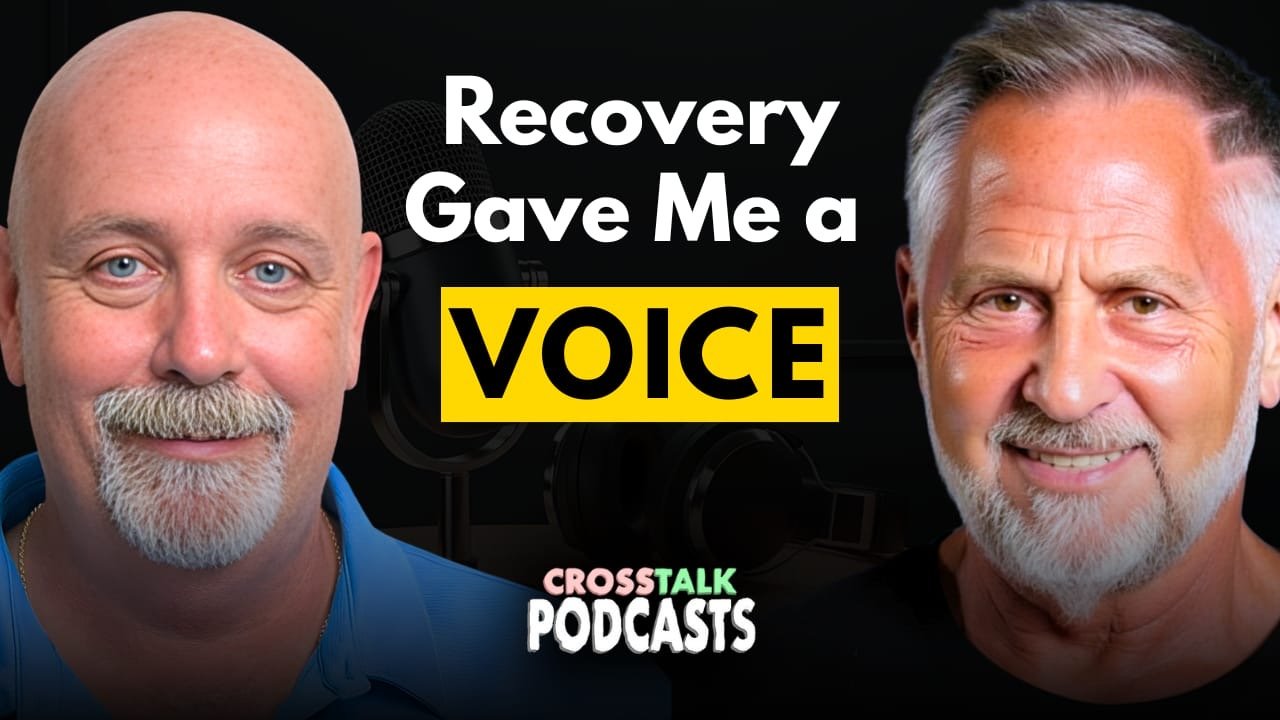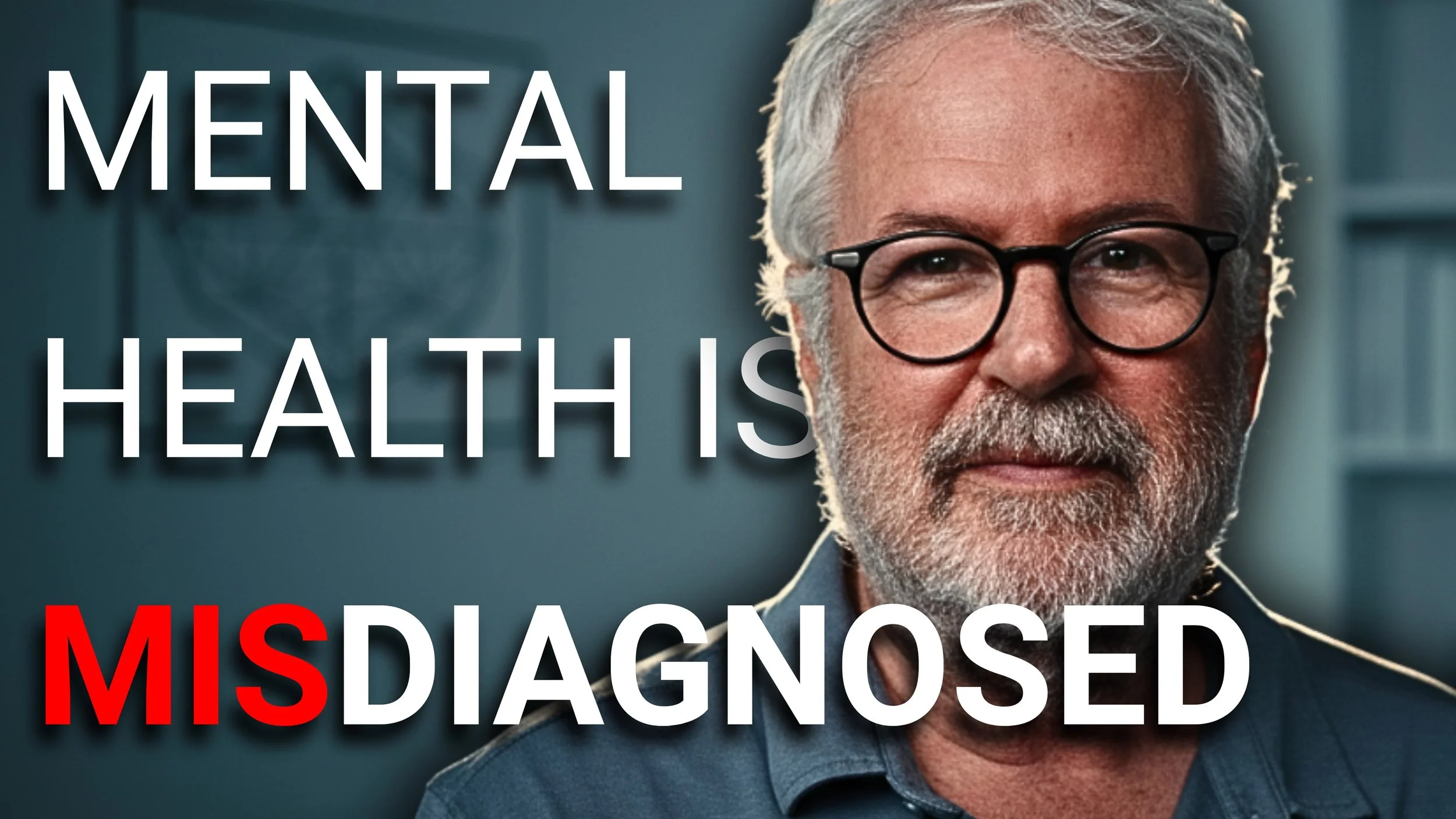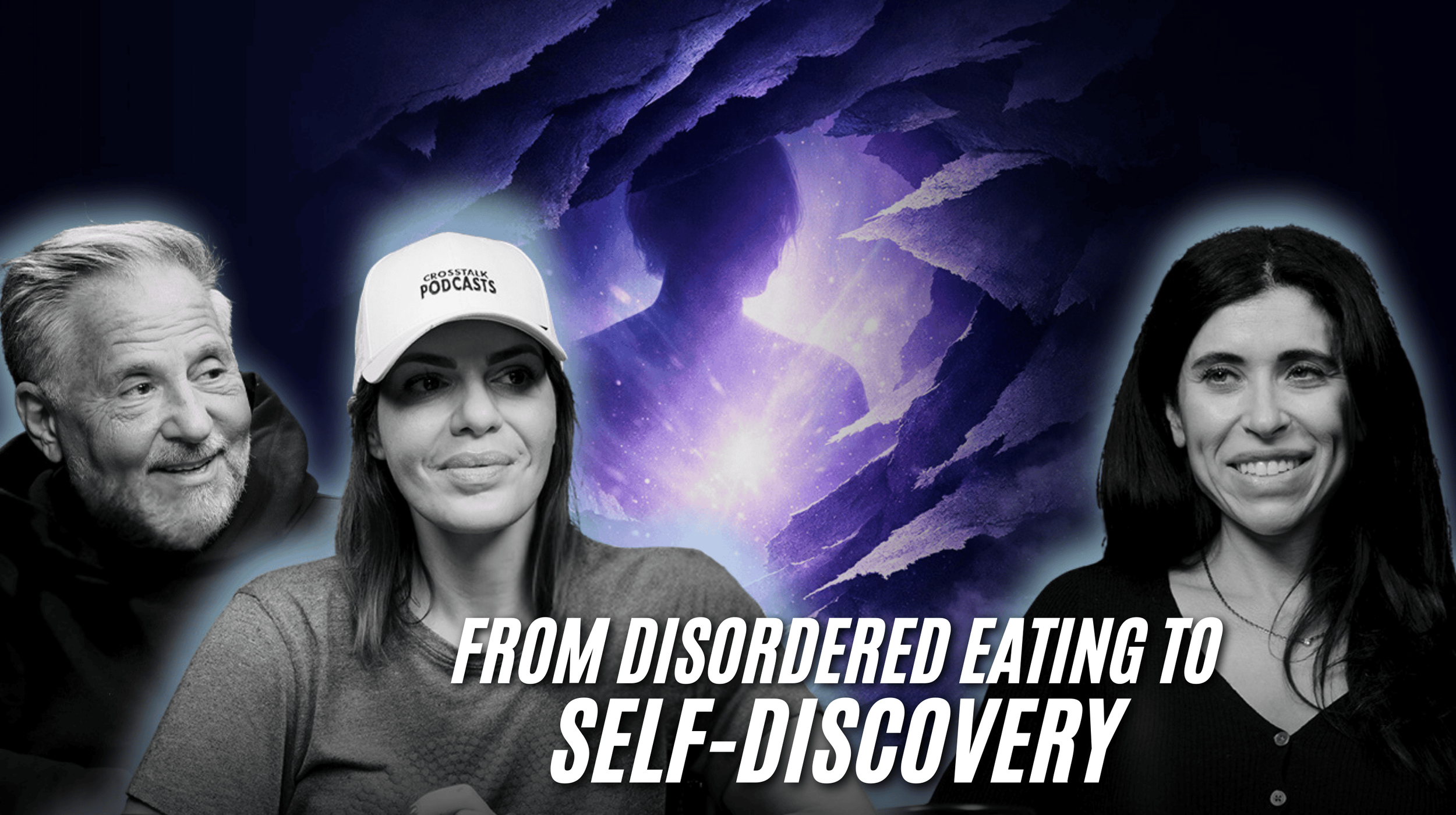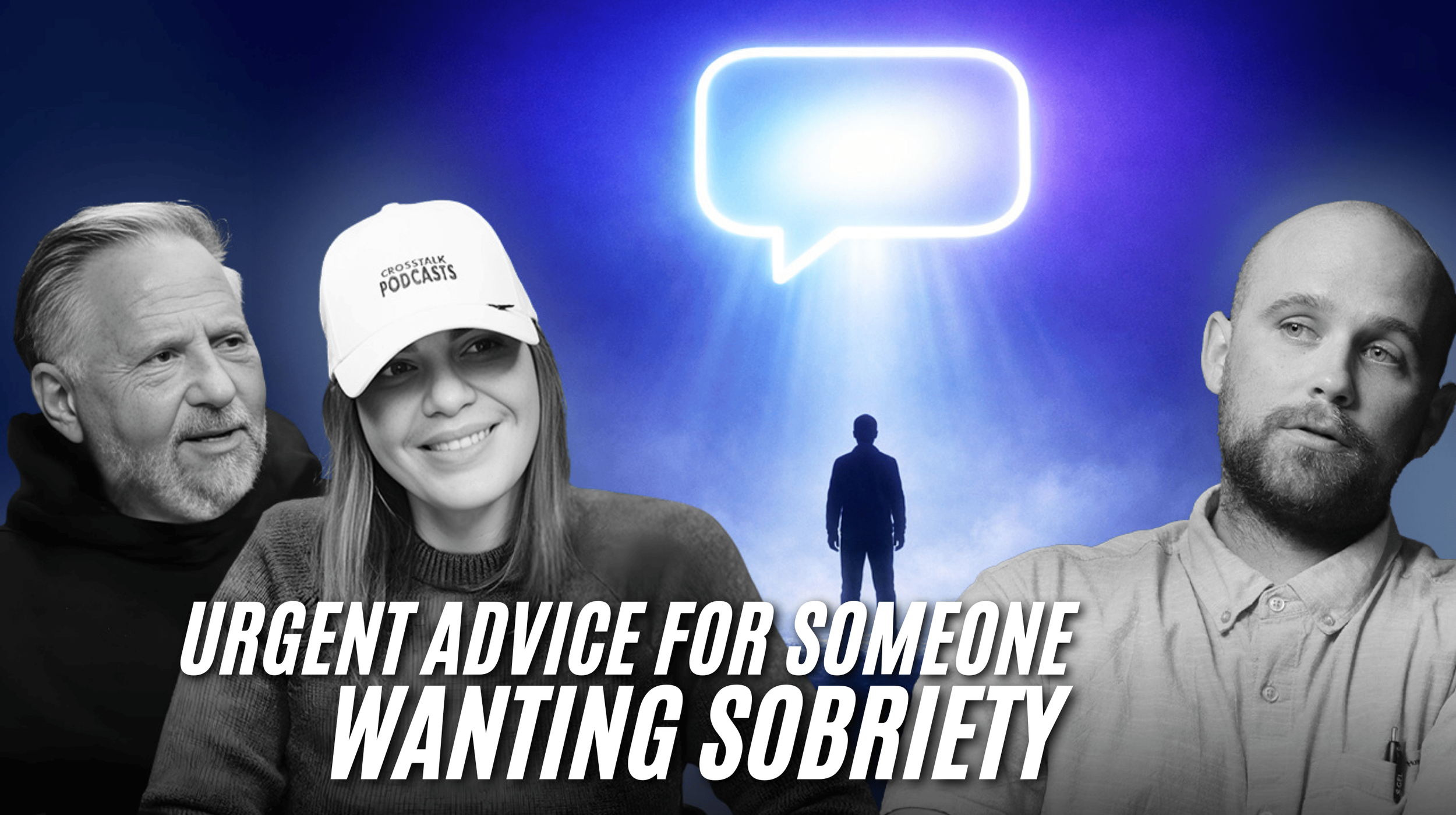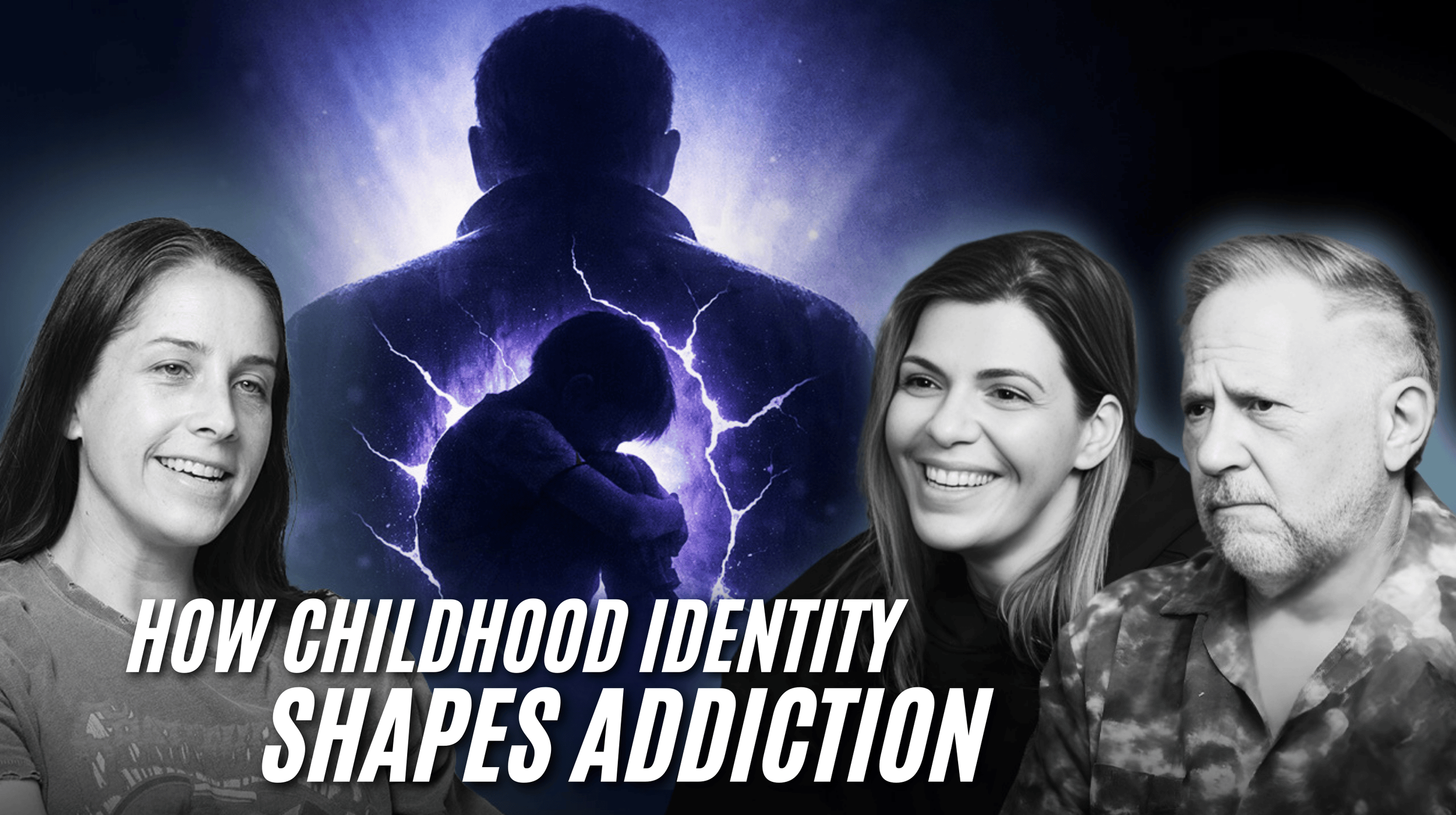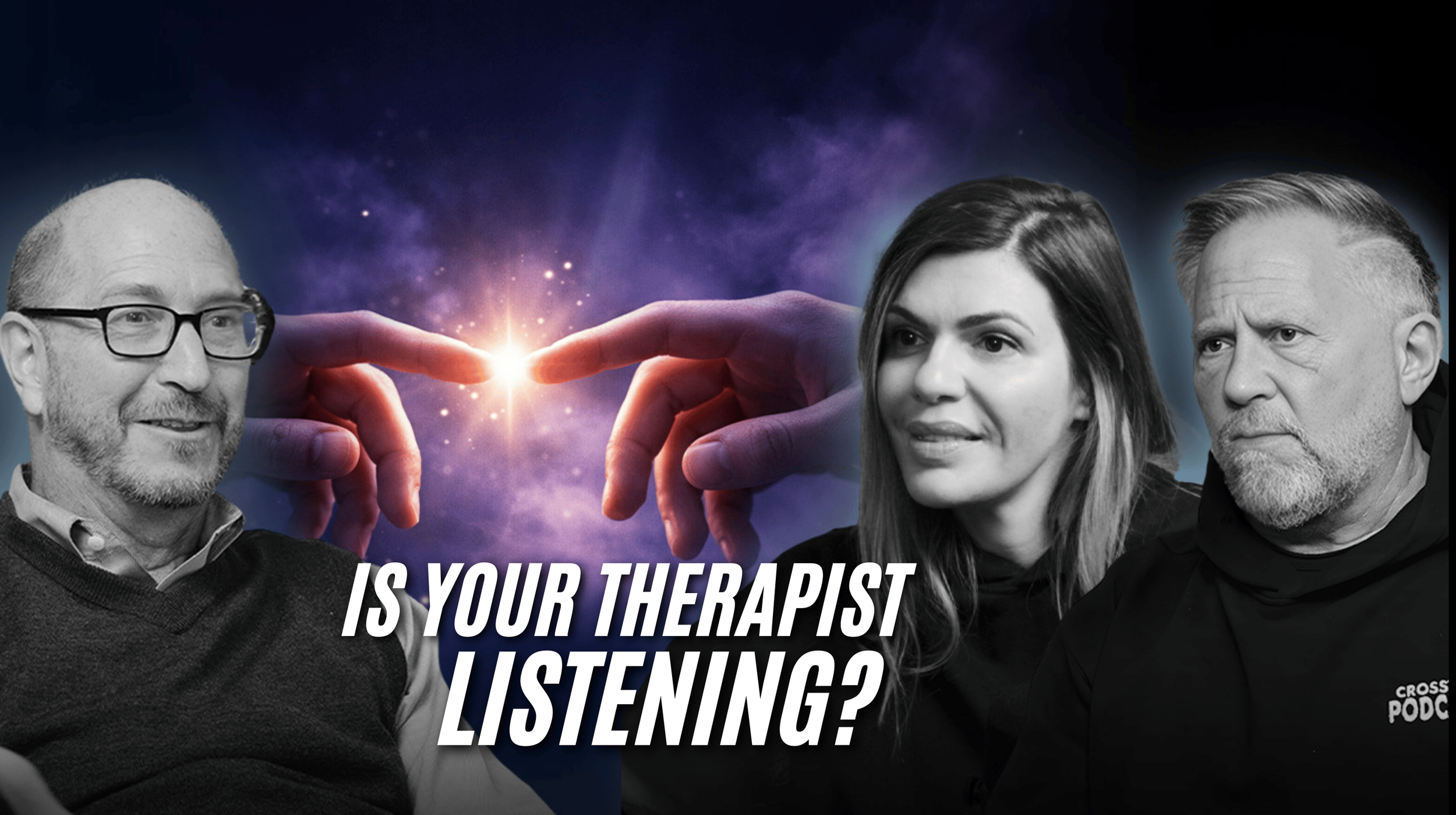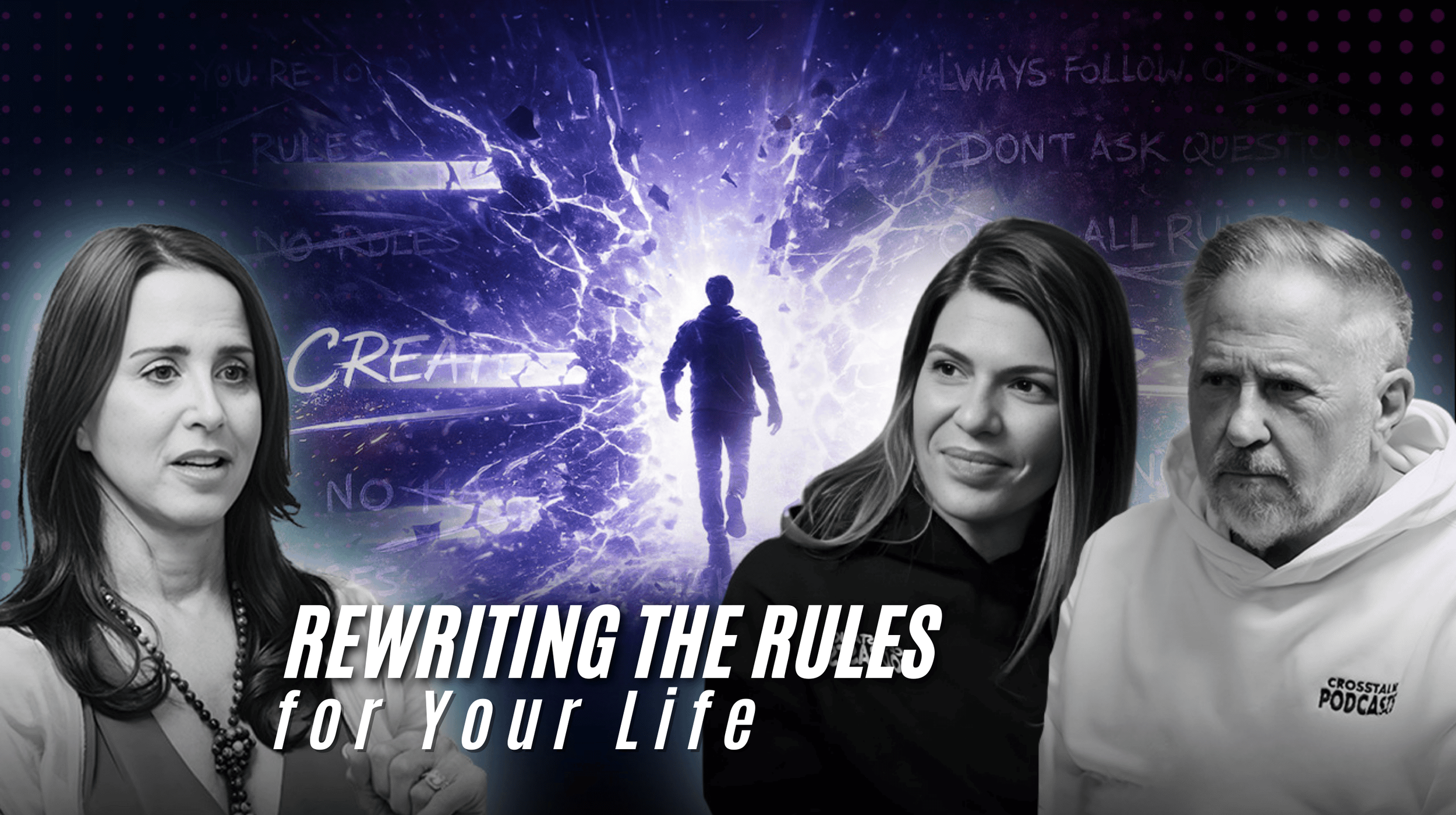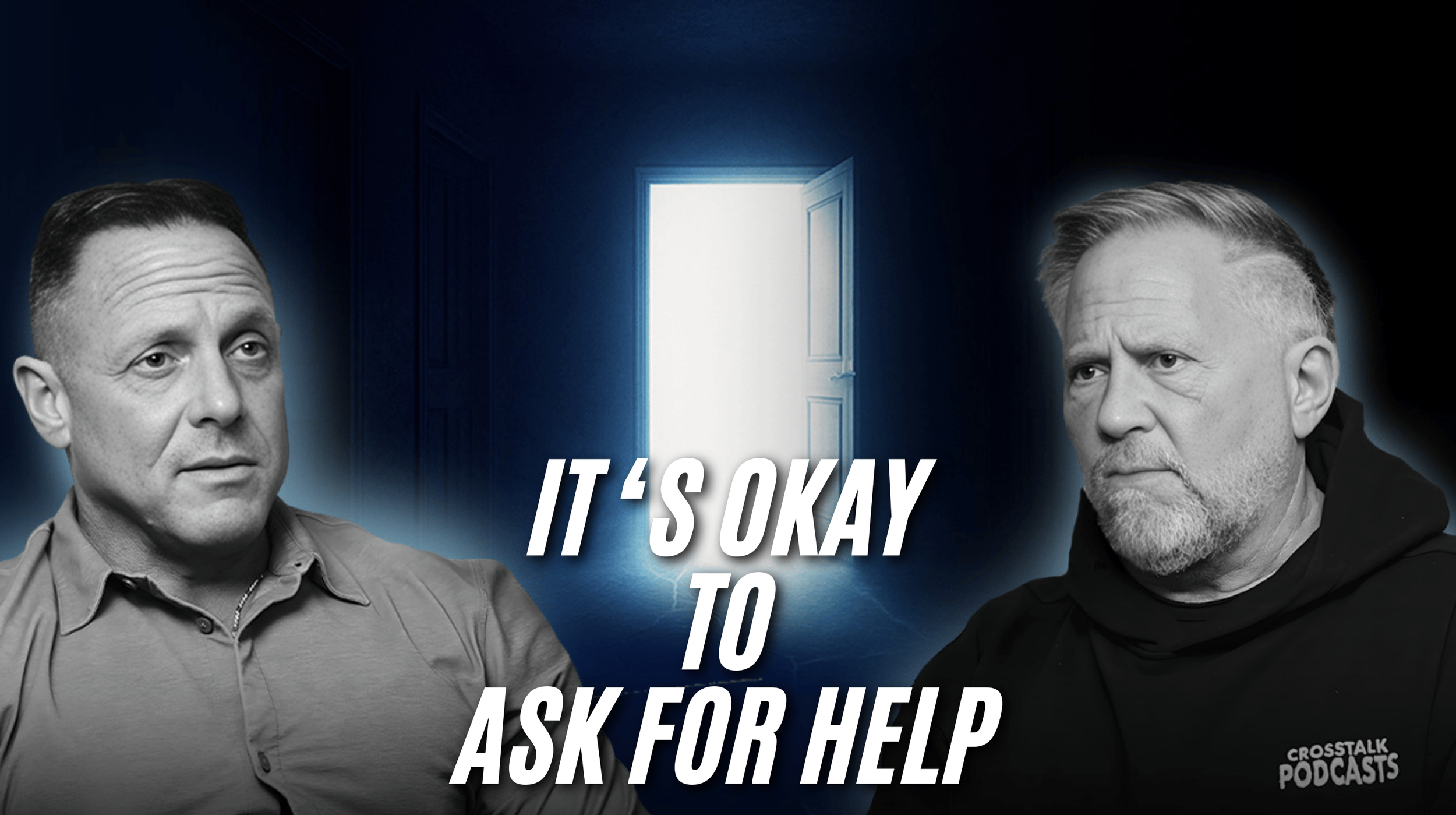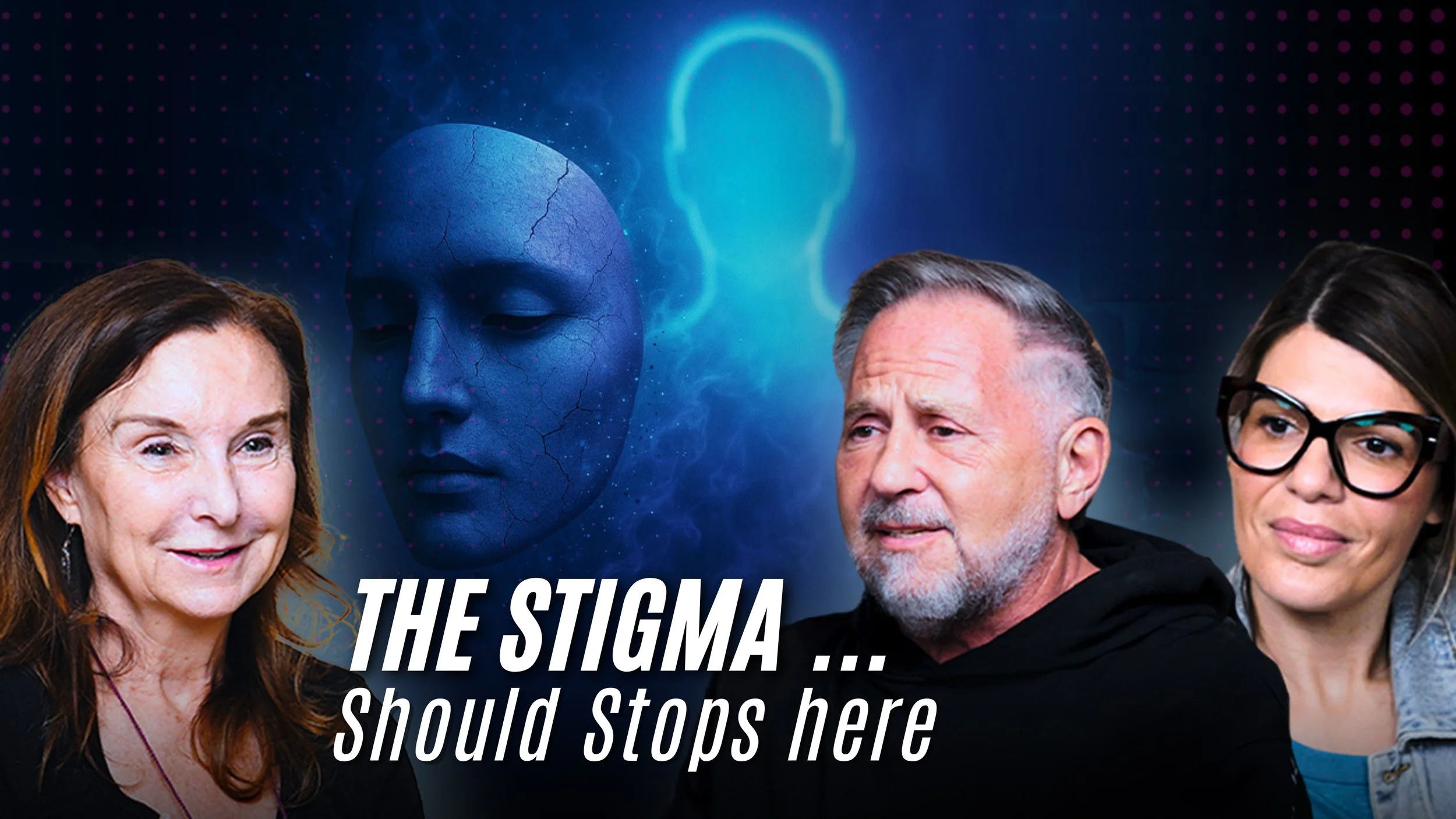From PERFECTIONISM to ADDICTION | A Journey through Trauma, Alcohol, and Recovery
Listen or watch on your favorite platforms
Show Notes
In this episode, our guest bravely shares their story of overcoming a hidden but powerful addiction journey. Growing up in a high-achieving family, they seemed to have it all together—until the challenges of perfectionism, early trauma, and a battle with alcohol and anorexia took over their life.
Our guest takes listeners through their early struggles, from their first encounters with alcohol and eating disorders to the grip of addiction that tightened in college. They detail the depth of isolation felt during the pandemic and the powerful role of faith that guided them toward a new life of sobriety. Now actively helping others, their story of transformation inspires and brings hope to those on a similar path.
Listeners will gain valuable insights into the struggles of addiction and how genuine recovery and faith can foster a profound transformation. This episode offers hope, healing, and inspiration for anyone seeking to break free from addiction.
Growing Up
Growing up in Lancaster, Pennsylvania, amidst a well-educated family with a supportive but fractured home, the guest recalls a calm exterior masking a deeply tense environment. With divorced parents, the guest was shuttled between homes, struggling with perfectionism and bottling emotions while trying to navigate a world that felt confusing. "I always thought if I pretended to be okay, everything would be okay," the guest shared, reflecting on the silent emotional battles that shaped their early years.
First Time Engaging in Behavioral Addiction
In high school, while attempting to fit in with a cool crowd, the guest first encountered alcohol at a party. The experience was both liberating and catastrophic, leaving them intoxicated and physically ill. However, despite the initial shock, the feeling of freedom and relief from internalized tension proved to be an enticing escape, triggering a pattern of using alcohol to cope with underlying anxieties.
Active Addiction
As the years progressed, addiction began to control the guest's life. Alcohol became a staple throughout high school and college, and the consequences followed. "Blacking out became part of my routine," the guest admitted, noting how relationships, academics, and self-image suffered. By college, their drinking escalated, blending with other substance abuse and a severe eating disorder that intertwined with the need for control and relief from overwhelming emotions.
Hitting Bottom
The breaking point came during the COVID-19 pandemic. Isolated and without the structure of daily work, the guest found themselves drinking continuously throughout the day. Living in a small studio, they felt trapped in a vicious cycle of alcoholism, loneliness, and despair. One particularly shocking morning, they woke up in a bed that had collapsed under them, covered in signs of an increasingly self-destructive lifestyle. It was in that moment, amidst the physical and mental wreckage, that they realized they had to change.
Getting Help
Determined to escape the grip of addiction, the guest returned to their support network in Minnesota and committed to attending recovery meetings. "I didn’t want to believe that I needed help, but there was nothing left to lose," they said. In recovery, they gradually opened up to faith and the concept of a higher power, which became pivotal in their journey to sobriety. With the support of their community, they found the strength to rebuild their life, one day at a time.
What Things Look Life Today
Today, life is drastically different. Now sober and actively helping others in recovery, the guest describes their life as fulfilling and full of gratitude. "For the first time, I feel free from the chains that held me back for so long," they shared. With a renewed purpose, they have found peace, health, and happiness, living each day with the intention to inspire others on their path to recovery.
FAQs
What are common signs of addiction?
Frequent use despite negative consequences, secrecy, and withdrawal symptoms can indicate addiction.
How can someone begin their recovery journey?
Seeking support from recovery programs, therapy, and community resources is a good start.
What role does community play in recovery?
Community provides accountability, empathy, and encouragement, which are crucial for long-term recovery.
Can someone fully recover from addiction?
Recovery is an ongoing process, but many people achieve a fulfilling, addiction-free life.
What are some alternative coping methods to addiction?
Mindfulness, exercise, therapy, and support groups can offer healthy coping mechanisms.
Related episodes
ABOUT CROSSTALK
CROSSTALK reveals real stories of everyday people and notable figures, sharing their journeys from struggles to life-changing 'aha' moments with all kinds .











